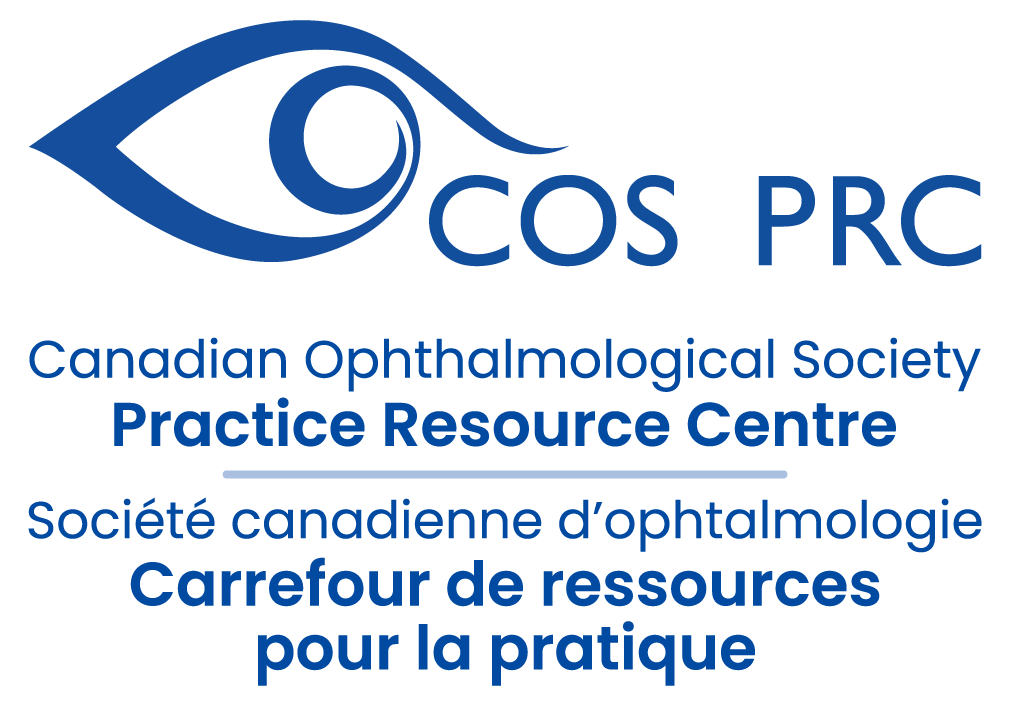August 2022

Vision therapy (VT), or behavioural optometry, is a generalized term for behavioural treatments based upon the belief that abnormalities in vision are the underlying cause of learning, neurological and spatial disabilities.
A review of the available literature on these treatments conducted in 2022 by a committee of physicians specializing in pediatric ophthalmology and neuro-ophthalmology found that, with the exception of convergence insufficiency, evidence that these therapies are effective is lacking.
Background
Vision therapy is a term used to refer to a spectrum of in-office supervised exercises that aim to improve visual ability and skill. Vision therapy programs are prescribed for a wide and etiologically diverse group of pathological and non-pathological learning, oculomotor, visual and post-traumatic states. These conditions include strabismus, amblyopia, learning/reading disabilities (dyslexia), myopia, and brain injuries such as stroke, concussion, and trauma with visuospatial neglect. Vision therapy remains an uninsured paramedical service.
Canadian Ophthalmological Society (COS) members have noted a sharp increase in the number of requests to provide an opinion on the effectiveness and validity of prescribed vision therapy programs. These programs can last from several weeks to years and, at times, a lifetime of treatment. The COS Vision Therapy committee feels that additional high-quality evidence-based research must be performed prior to any consideration for public or private insurance coverage.



